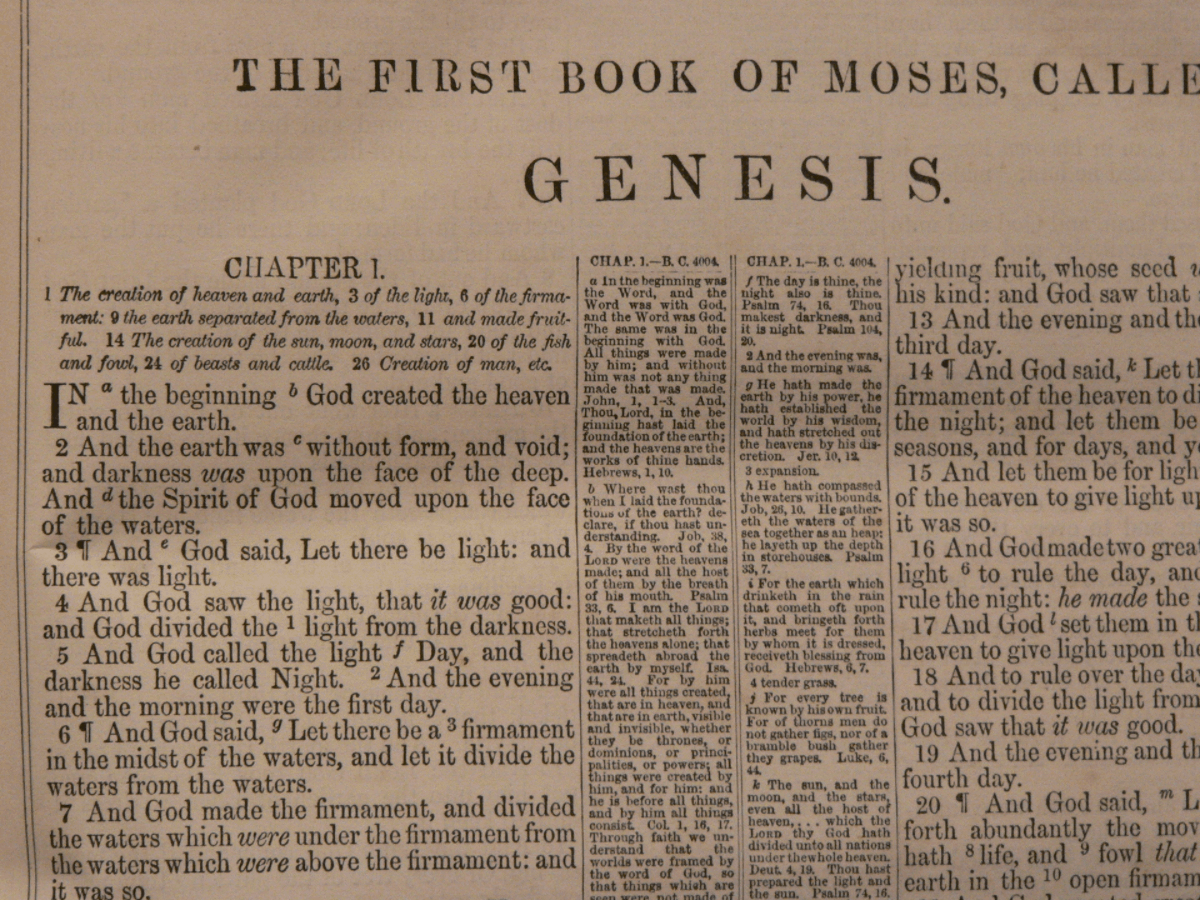Lesson 7 | Digging Deeper into Verbal Phrases, Part 1
The Bible Has No Verses

I hope that the Phrasing you’ve done so far in this course has affected the way you read your Bible. Maybe you’re noticing prepositional phrases, Ground relationships, and so on - that is a very good thing!
There’s another way that Phrasing should affect the way you read the Bible: it forces you to pay more attention to the grammar of a passage, and to connections between phrases, than to verse numbers.
Apologist and author Greg Koukl makes this point in an article called “Our Verseless Bibles” (bold emphasis mine):
Let me offer you a warning that will vastly improve your ability to understand Scripture, if you heed it. It’s a insight for every person who has ever asked, ‘How does this verse apply to my life?’ Here it is: There are no verses in the Bible. Nope. Not a one. At least, not in the original, and that’s the Bible that matters. First, a definition. A ‘verse’ is a passage of Scripture distinguished from other passages of Scripture by a numerical address (e.g., John 3:16, famously). Those numbers, though, were not in the original, but were inserted nearly sixteen centuries later by French printer Robert Stephanus in 1551. ... There’s good news and bad news about verse numbers. The good news is it’s easier to find stuff. The bad news is it’s easier to get stuff wrong. Verse numbers tempt readers to take a passage as a collection of discrete statements having meaning and application in isolation from the larger work (‘How does this verse apply to my life?’). Take a verse like ‘The Lord will fight for you while you keep silent’ (Ex. 14:14). It wasn’t meant by Moses as a stand-alone promise. Sure, the Red Sea narrative has plenty of relevance for New Testament believers, but this individual verse has no application to any Christian isolated from its context. Simply put, it’s not our promise. In fact, standing on their own, most ‘verses’ have absolutely no application to anyone’s life. That’s because most of the time the precise point of a verse cannot be found in the verse itself but in the relationship of that verse to verses above and below it. We can’t simply isolate a line or two and ask, ‘How can I stick this line into my life?’ Here’s why. God did not give us 66 books of short, pithy sayings to be applied piecemeal to our lives (with a few exceptions, e.g., much of Proverbs). Most of Scripture is narrative—story. Most of the rest—NT epistles, for example—is argument (making a case) or instruction. Each of these—narrative, argument, instruction—involves a flow of thought within the passage from the larger part to the smaller part. Chapters help us understand a paragraph’s role in the larger narrative. Paragraphs help us understand what a sentence means. Sentences help us understand individual word meanings. The account taken as a whole, then, has instructive value, not necessarily a verse standing by itself. That’s why at Stand to Reason we follow the rule ‘Never read a Bible verse.’ Always read a paragraph (at least) before drawing conclusions about meaning.
As you continue phrasing, and as you read the Bible on your own, I encourage you to follow that rule: Never read a Bible verse. Read chapters, read paragraphs, read statements, and always interpret them in context. That’s the only way to rightly handle the word of truth!